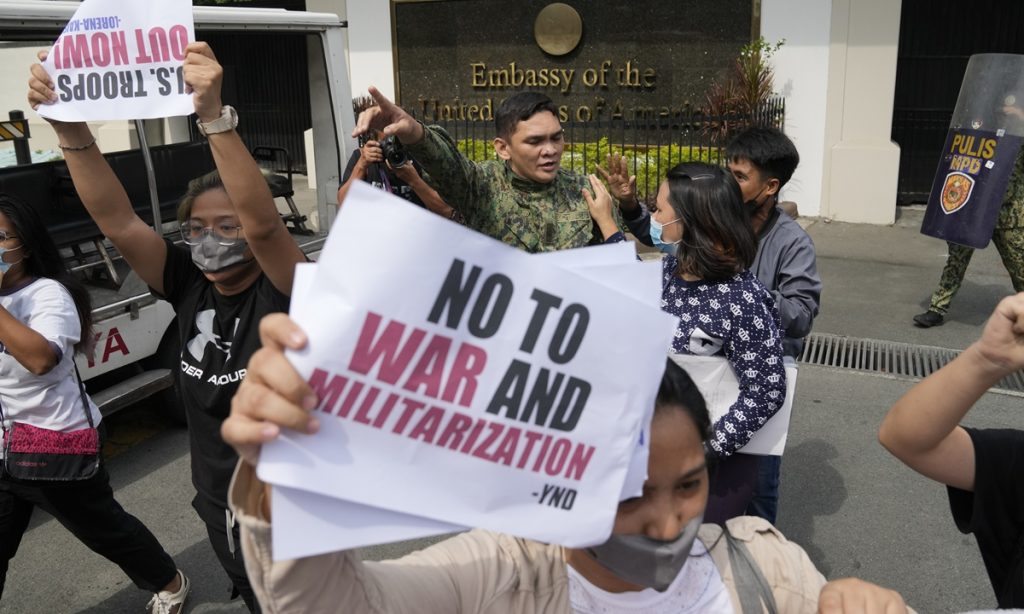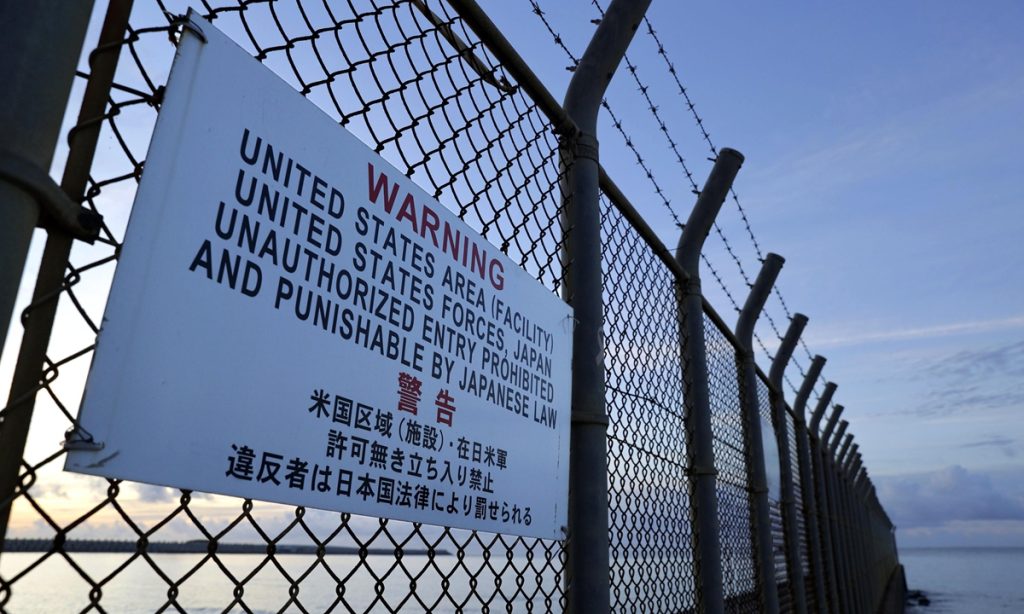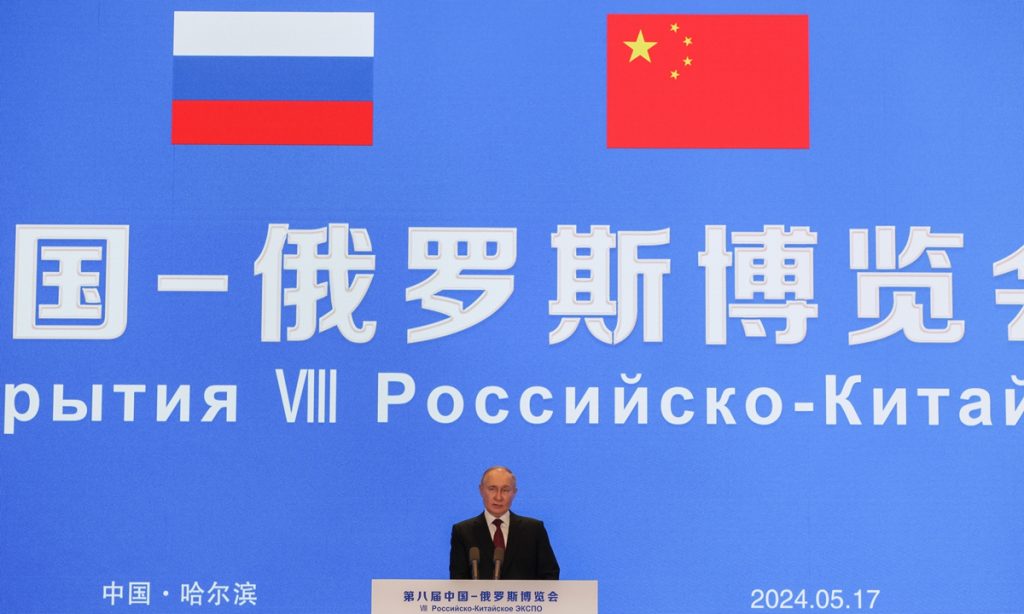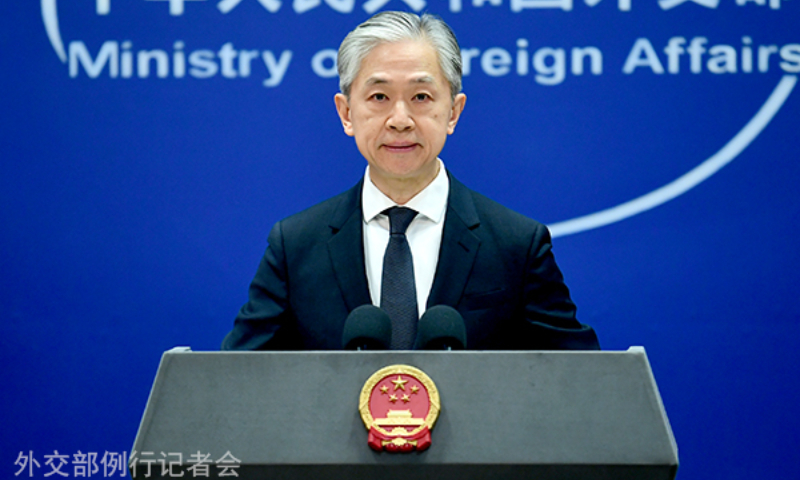GT investigates: Why Philippine maritime zones act is an 'egregious bill' that will only aggravate tensions in South China Sea
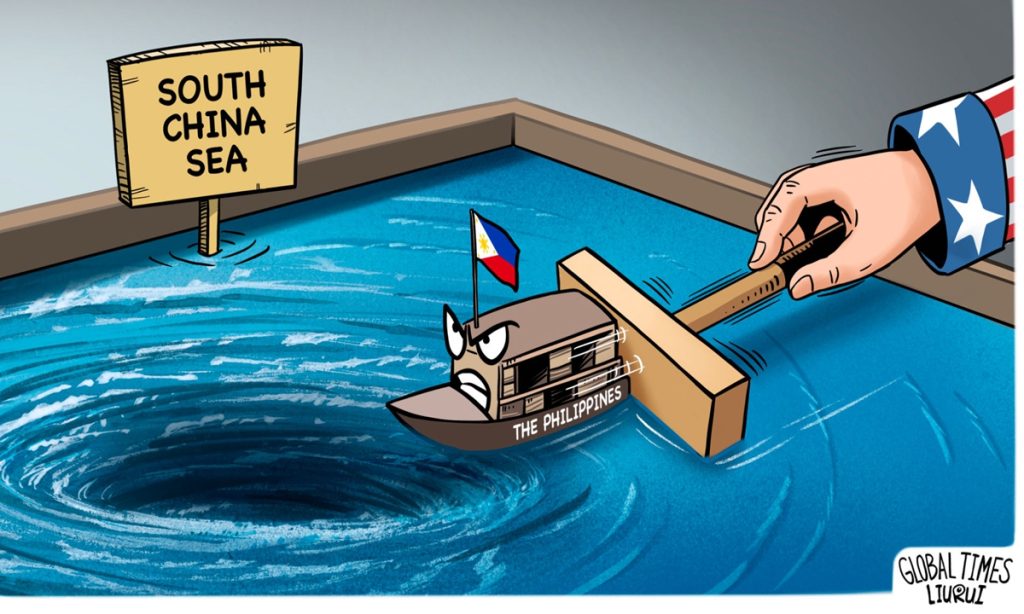
The Philippines has recently advanced the domestic legislation of the "Maritime Zones Act" in an attempt to put a legal veneer on its illegal claims and actions in the South China Sea.
Experts have called it an "egregious bill" as it will create more risks and confrontations, like opening a Pandora's Box, making the situation more complex in the South China Sea.
This bill goes against the provisions of international law, including the UN Charter and the United Nations Convention on the Law of the Sea (UNCLOS), and against the spirit of the Declaration on the Conduct of Parties in the South China Sea, they pointed out.
Chinese government has strongly opposes the bill and has lodged a solemn representation with the Philippine authorities. Experts warned that China's ability and determination to safeguard its sovereignty in the South China Sea should not be undervalued, and the Philippines will soon see more resolute, decisive, and powerful measures from China to defend its legal rights on the issue.
This investigative piece will expose, from various angles, why this bill does not conform to international norms, how it exacerbates the conflicts of claimant countries in the South China Sea, and why it goes against resolving the complex issues in the South China Sea.
This bill continues the recent trend of various provocations by the Philippines in the South China Sea issue and is a legal challenge launched against China. It is also the latest part of its "cognitive warfare" in attempts to tarnish China's image in the international community.
Egregious legal tool
The Philippine Senate recently approved the amendment to the Marine Zones Act in its third reading. The Department of Foreign Affairs of the Philippines said the bill would "codify the status and regime of the waters inside the archipelagic baselines and redefine the extent of Philippine territorial sea, including the contiguous zone," the Philippine News Agency reported.
China firmly opposes attempts by the Philippines to solidify the illegal ruling of the South China Sea arbitration through domestic legislation, which unlawfully includes China's Huangyan Dao and most of the islands and reefs in the Nansha Islands in its maritime jurisdiction, the Chinese Foreign Ministry spokesperson said on Tuesday.
The move has severely violated China's territorial sovereignty and maritime rights and interests in the South China Sea, and China has lodged solemn representation to the Philippines, the spokesperson said.
The Philippines' move is to "legalize" its illegal occupation of the South China Sea islands and reefs, and it is a wrong attempt to consolidate its illegal gains, Ding Duo, deputy director of the Institute of Maritime Law and Policy at the China Institute for South China Sea Studies, told the Global Times.
Since the 1950s, the Philippines has never relented its covetousness for islands and reefs in the South China Sea, and has adopted different means of encroachment under various disguises across different historical periods, Ding noted.
In 2009, for example, the Congress of Philippines amended "An Act to Define the Baselines of the Territorial Sea of the Philippines," which falsely claimed its sovereignty over China's Huangyan Dao and some other parts of the Nansha Islands.
In recent years, in the process of domestic legislation, the Philippines deliberately confused their illegal occupation with so-called "jurisdiction" over China's Nansha Islands, seeking to solidify its illegal claims, Ding stressed.
The expert said that manipulating "legal means" is part of the Philippines' cognitive warfare against China. A number of senior officials within the Philippine Coast Guard, National Security Council, and other departments continue to make provocative statements around this new agenda, serving their own political interests while tarnishing China's image to deceive the international community, Ding said.
The actions of ignoring reality and blindly resolving relevant disputes with unilateral legal resolutions are not applicable to the complex South China Sea issue. Such actions will only further squeeze the political space for the Philippines and China to jointly control crises and properly handle disputes, Ding noted.
This move indicates that the Philippines may further escalate its legal disputes against China in the future. This could involve proposing applications, either individually or jointly with other parties, for delineating the outer limits of the continental shelf beyond 200 nautical miles in the South China Sea. The Philippines may also seek to bypass China and engage in maritime border negotiations with other countries. Additionally, there is a possibility of initiating new international lawsuits on issues such as marine environmental protection in the South China Sea, according to the expert.
In November 2023, the Philippines has approached neighbors such as Malaysia and Vietnam to discuss a separate code of conduct regarding the South China Sea, despite the code of conduct between China and ASEAN has seen progress. Analysts are concerned that the situation of the Philippines "always turning a new page" out of its own interests may also gradually spread to the legal level.
The Philippines' bill has had limited effect in practice, but it will inevitably exacerbate the contradictions and confrontations among the countries involved in the South China Sea dispute, Lei Xiaolu, a professor of law in China Institute of Boundary and Ocean Studies, Wuhan University, told the Global Times.
Currently, China and ASEAN countries are accelerating the negotiations over the Code of Conduct in the South China Sea (COC), and the Philippines' actions will disrupt the good atmosphere and be of no benefit to the overall peace and stability of the South China Sea, Lei underlined.
"If other countries were to emulate the Philippines by enacting domestic legislation to advance their maritime rights in a piecemeal manner, this could introduce more risks and uncertainty for resolving the South China Sea issue in the region. For example, such unilateral actions could escalate tensions in the South China Sea, leading to increased militarization, confrontation, or incidents at sea, affecting regional stability," Dai Fan, director of the Center for Philippine Studies at Jinan University, told the Global Times.
The bill has sparked some opposition within the Philippines. On social media X, a few Filipino users have expressed their concerns on this unreasonable bill. They criticized that the bill is sort of a "great cry and little wool," which can do nothing but worsen the Philippines' relations with involved countries.
Contravening international conventions
The Global Times has found that the Philippines' claim to "sovereignty" over Huangyan Dao, based on distance or the islands and reefs being located within the Philippines' exclusive economic zone, does not comply with international law, including the UNCLOS. Even the illegal ruling of the South China Sea arbitration, which the Philippines strongly supports, does not endorse the Philippines' claim.
According to the principle in international law that land dominates the sea, the land is always the basis for any claim of maritime entitlements. A coastal state should not base its claims to the sovereignty of islands and reefs on its maritime entitlements. Therefore, if the Philippines claims sovereignty over the islands and reefs simply because they are within its EEZ, it would violate that principle.
Moreover, Philippines' bill stated that "all artificial islands constructed within the Philippine EEZ shall belong to the Philippine government." However, even if there is no dispute over the sovereignty of islands and reefs, it has no basis in international law, because there is no international law that gives the Philippines ownership of those artificial features.
In accordance with Articles 80 and 60 of UNCLOS, "In the exclusive economic zone, the coastal State shall have the exclusive right to construct and to authorize and regulate the construction, operation and use of artificial islands, installations and structures." However, UNCLOS does not ensure that these artificial islands, installations and structures necessarily belong to the coastal state, according to Lei.
Chinese Foreign Ministry's Spokesperson Mao Ning stated on Tuesday that the territory of the Philippines is defined by a series of international treaties. China's Huangyan Dao and other islands and reefs of Nansha Islands are completely beyond the limits of the Philippines' territory. Its illegal occupation of a number of islands in the Nansha Islands has seriously violated international law, including the UN Charter.
Enactment of the bill is not a wise decision for the Philippines. Rigoberto Tiglao, former spokesperson and head of presidential office for former Philippine president Gloria Macapagal Arroyo, said in his commentary piece in September 2023, "The very bad news is that under a Maritime Zones Law, we will lose our Kalayaan Island Group, which comprises 19 percent of our territory as currently defined."
A graphical representation on the Philippine so-called new maritime zone bill recently released by the Chinese think tank South China Sea Strategic Situation Probing Initiative (SCSPI) found that the bill effectively waived "Kalayaan's claim." This means that the Philippines has given up probably about tens of thousands of square kilometers of sea area and sovereignty over some features of the so-called Kalayaan's claim.
Philippines is pushing forward a domestic bill that interestingly relinquished its original illegal territorial claims, which they called the "Kalayaan Island Group," in the South China Sea. Experts wonder is the Philippines shooting itself in the foot with this move? Won't the Filipino people feel deceived?
Rigoberto Tiglao expressed in his commentary piece that this bill also happens to align with the US' conspiracy, which is to ensure that this sea area no longer belongs to the exclusive economic zone of the Philippines so that "the area would be indisputably international waters and therefore its warships, even those that are nuclear-armed, wouldn't need these nations' permission to pass through."
On March 5, the US State Department issued a statement on the situation in the South China Sea, smearing China's policies, exaggerating maritime friction, and declaring that they "stand with the Filipino people."
Experts say that the US is ostensibly siding with the Philippines, but is actually just using the Philippines as a pawn in a chess game to gain its own interests.
Dai believes that whether the latest versions of the so-called Marine Zones Act can ultimately be implemented, and the specific provisions will be carried out, will depend on further votes and deliberations in the Philippine House of Representatives. Considering the relatively low overall administrative efficiency in the Philippines, and the bill that this legal text will undergo negotiations between various parties internally, its implementation may be a lengthy process.
"China's ability to safeguard its sovereignty, security, and development interests in the South China Sea is now stronger than ever before, and its determination to maintain stability in the region remains unwavering. Regardless of the Philippines' efforts to manipulate the arbitration ruling, push forward domestic maritime legislation amendments, or implement any unilateral actions to impose its claims on China, the arbitration ruling will not legitimize such actions, nor will it diminish China's legitimate rights in the South China Sea under international law. The Philippines can expect China to take resolute, decisive, and powerful measures to defend its rights," Ding noted.
